It’s been kind of a lazy day sitting around, catching up on email, etc. I’ve mentioned the motofoto.cc police bike site to you before. One of the great things about that site is that I get photos of interesting police bikes from people all over the world. Here’s an interesting email I found in my inbox this morning. It’s from Jos Van Meels in the Netherlands…
Jos, your bike is very cool. Thanks for sending these great photos to us, and your history of the bike is both interesting and intriguing. I have to wonder what the Ayatollah’s minyans were thinking when they banned bikes like these. But you could ask the same question about virtually everything those guys have done since they’ve been in power. I’ve always been fascinated by the history of the motorcycle. There’s so much motorcycle history I don’t know that everytime I learn something new I feel like I’ve hit the jackpot (the story behind the Mustang, for example, is one of the things that makes the California Scooter Company so fascinating to me and many others). Your recounting of the Yamaha 650 twin as a police motorcycle is something I had not known about.
The XS650 Yamaha was a great bike. I know that because because I used to own one. Seeing yours as a police bike and hearing about the history behind it makes me jealous.
When I was younger, I marveled at what the Japanese were doing, and in particular, as a rider and a gearhead I liked following their motorcycle industry. I think the 650 Yamaha twin was one of their best results. As the guys at Yamaha built up that great company, they drew much of their design and styling inspiration from the past, and in particular, from the British.
As you guys know, the Brits used to own the motorcycle industry in the 1950s and 1960s, and Yamaha built more than a few bikes based on classic British designs. One was the Yamaha SR500 single, an awesome 500cc road burner emulating the famous BSA Goldstar. Another was the Yamaha three-cylinder 750, based on the BSA/Triumph Rocket 3/Trident motorcycles. The original Rocket 3 and Trident models were a dying British motorcycle industry’s last gasp at greatness.
The first of the Yamaha models to copy a Brit bike, though, was the Yamaha 650cc twin. Loosely based on the Triumph Bonneville and the BSA 650 twins, the original 1968 650 Yamaha would have been a watershed model for Yamaha but for one thing…Honda’s introduction of the 750 Four. When Honda introduced their 750 Four in 1969, it changed the rules for everyone. The Honda 750 Four was the beginning of the end for the British motorcycle industry.
The Honda 750 was a great bike with great features, but the 650 Yamaha was a wonderful machine, too. If the Honda had not come along, the 650 Yamaha would have been the watershed model of that era. Even with the huge technology leaps and business acumen the Japanese used to develop their dominant position in the motorcycle industry, more than a few people realized that the 650 Yamaha (based on what was then a 50-year-old engine and frame layout) made for a pretty good motorcycle. Yamaha continued to build their 650 twin for nearly another 20 years.
I always thought it would be cool to own one. My thinking was that it would have the feel of an original Triumph Bonneville (I had owned several of those and I loved every one of them), with the reliability and workmanship of a Japanese motorcycle.
I kept my eye out for a 650 Yamaha twin, and sure enough, I got lucky. One time on a consulting gig at McDonnell Douglas, a guy there learned I was a gearhead. He had a Yamaha XS650 he purchased new 10 years ago, and after putting 1000 miles on it, it sat in his garage. One day and a thousand bucks later, it was in my garage. I had to do the usual stuff (new battery, clean the carbs and the fuel lines, you know the drill), and the Yamaha was in the breeze.
The 650 Yamaha twin was a good bike, but truth be told, it wasn’t a Triumph Bonneville. Even though the engine was the same size as the Triumph, it didn’t have the long stroke that the Triumph did (and therefore it didn’t have the Triumph’s low-end torque), and the bike was a good 50 lbs heavier than the Triumph. It was a lot of fun, though, and I put a lot of miles on it (it was super-reliable). My Yamaha was virtually a new motorcycle when I bought it (even though it was 10 years old). When I read Jos’ email, I immediately started thinking about it again, and I know it would have made a great police motorcycle.
I had a lot of fun with my XS650 Yamaha, but when Suzuki came out with their TL1000S in 1997, the Yamaha’s days were numbered. The rage in those days was liter-class sports bikes, and in particular, 90-degree V-twins (we called them L-twins). I took my Yamaha to Steve’s brother Ron over at Bert’s, and just like that, the Yamaha was gone and I had a brand Suzuki TL1000S in its place. Interestingly, with its L-twin engine and racing geometry, the Suzuki was inspired by another European bike (the Ducati 916). But that’s another story for another time.
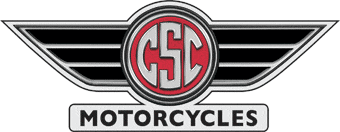
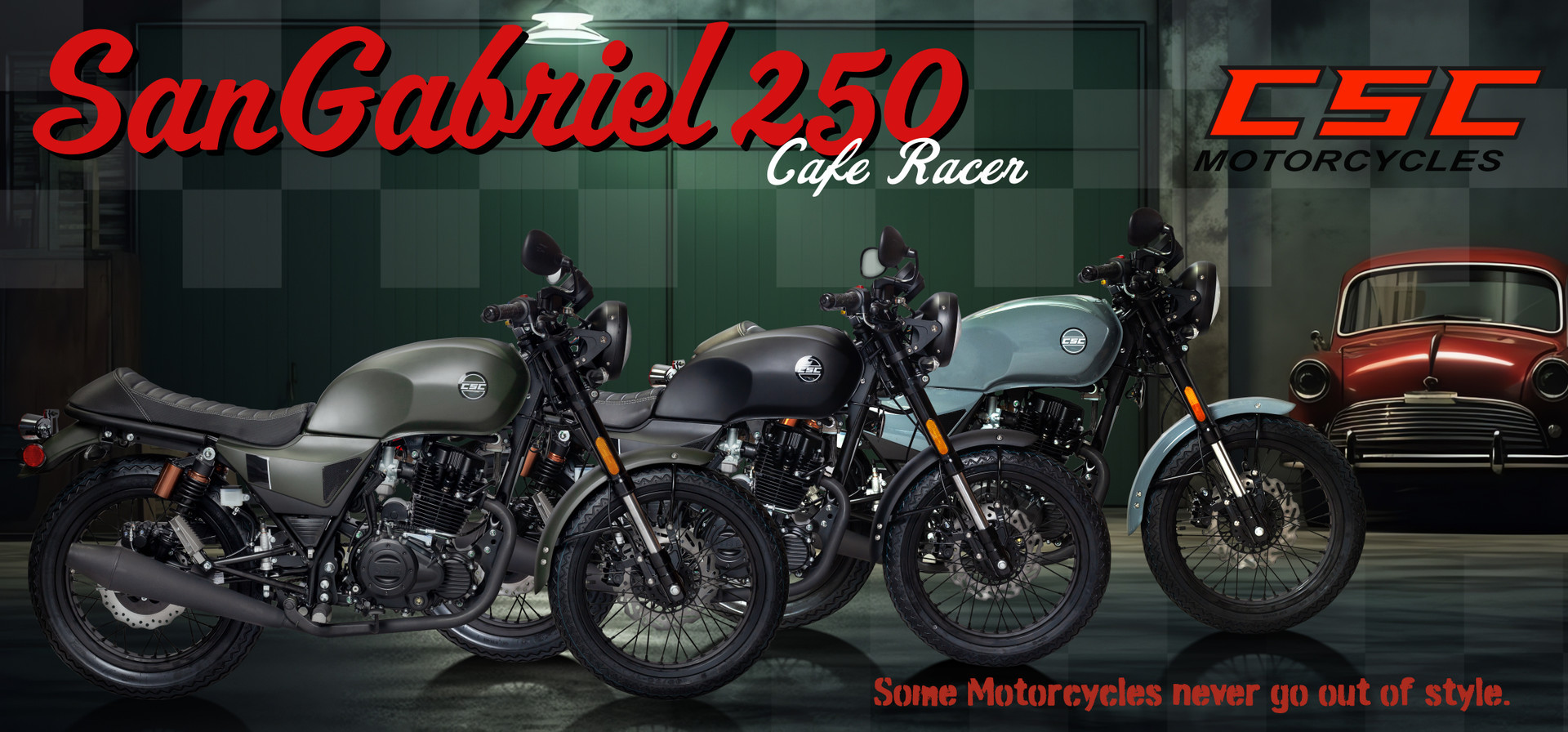
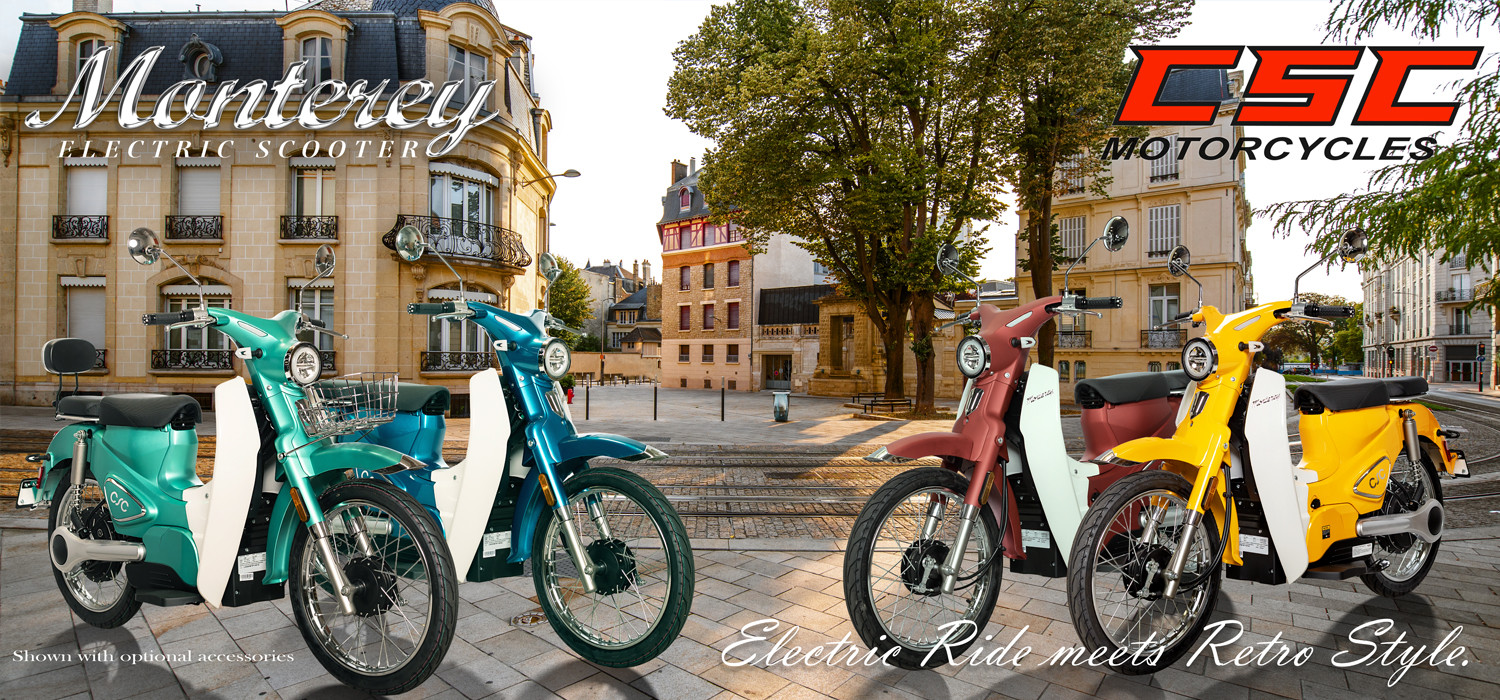
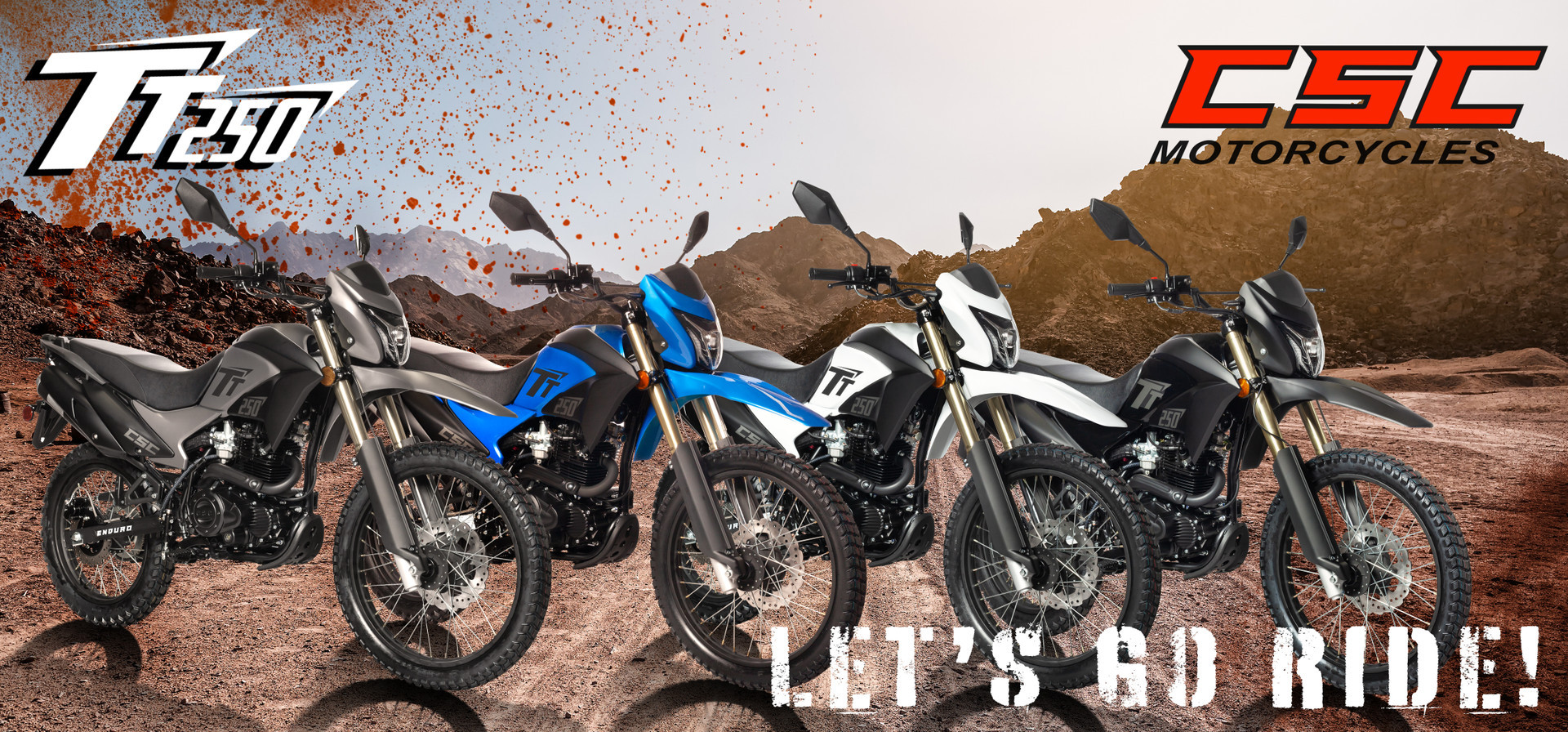
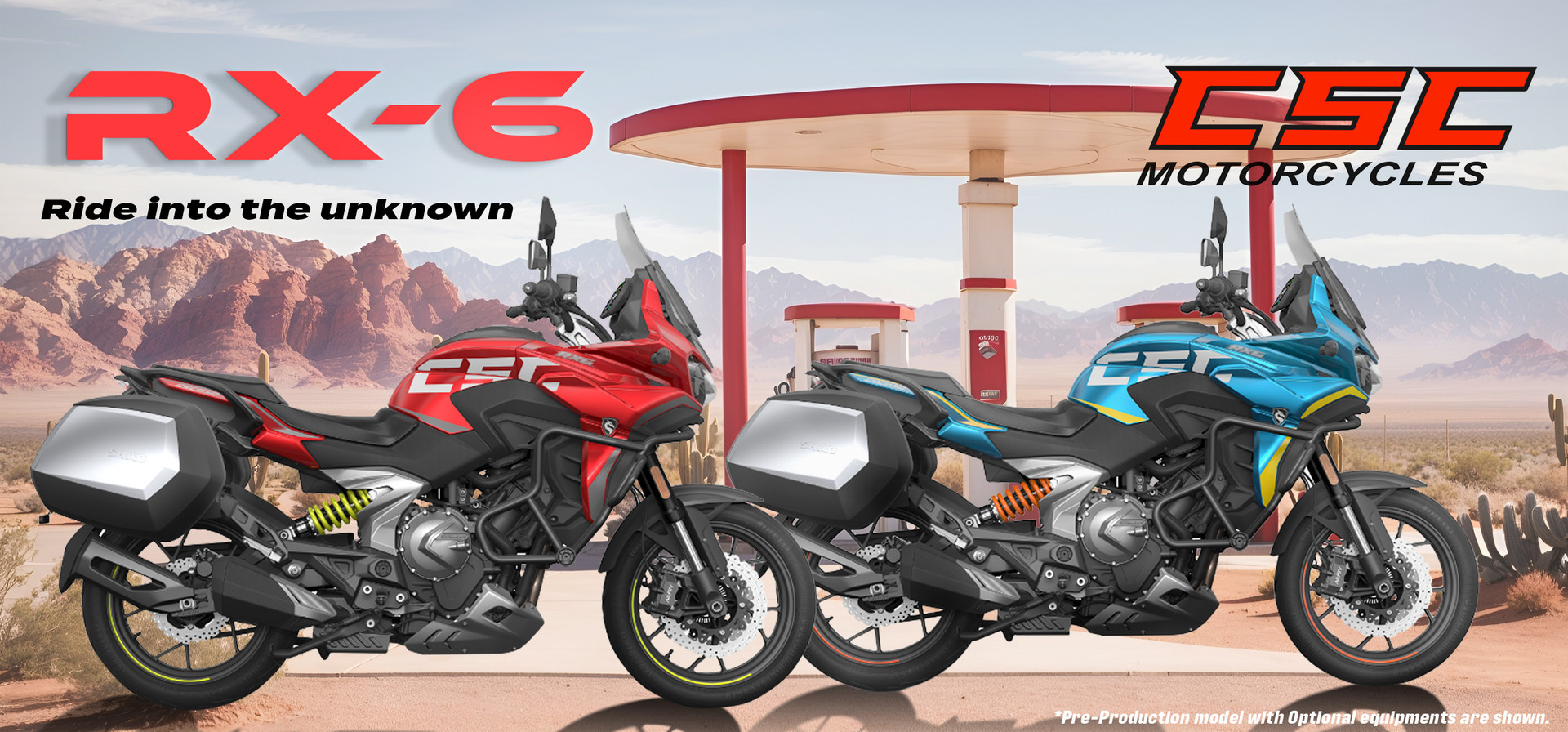
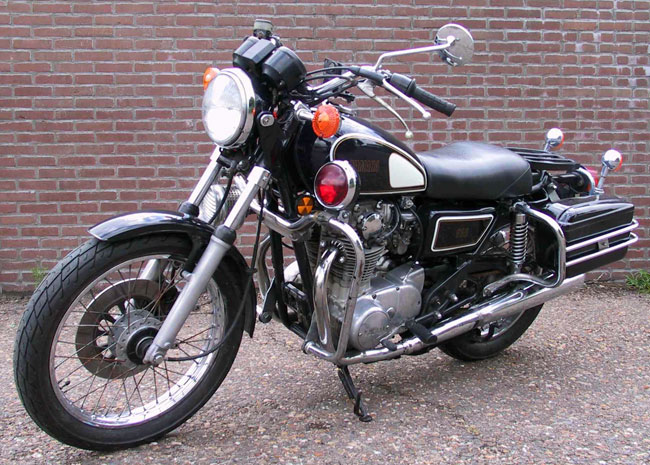
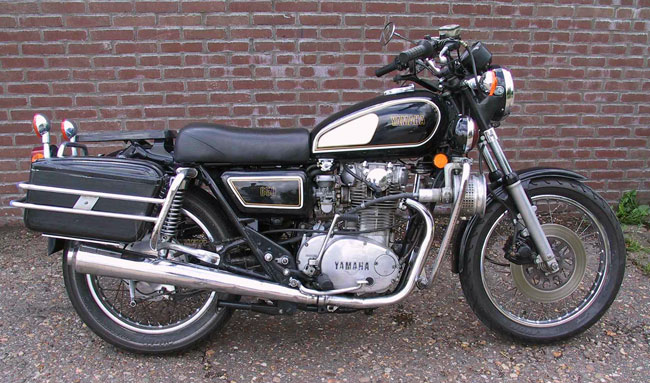
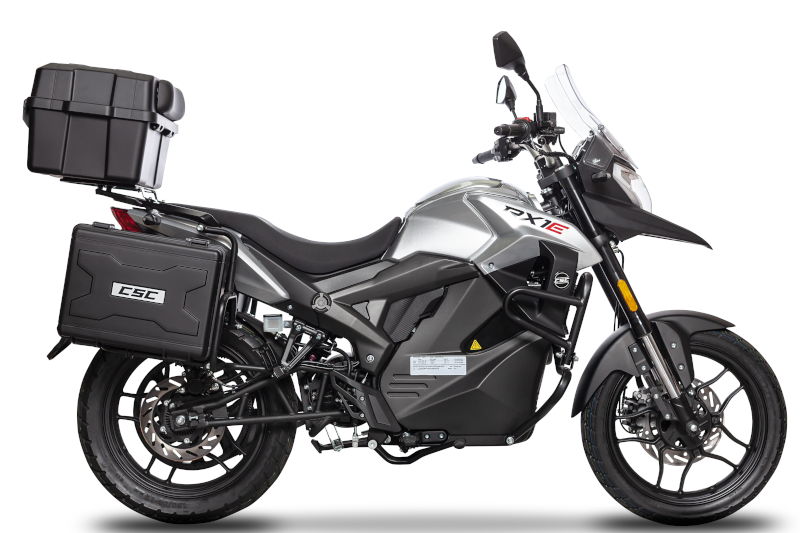 RX1E Electric Motorcycle
RX1E Electric Motorcycle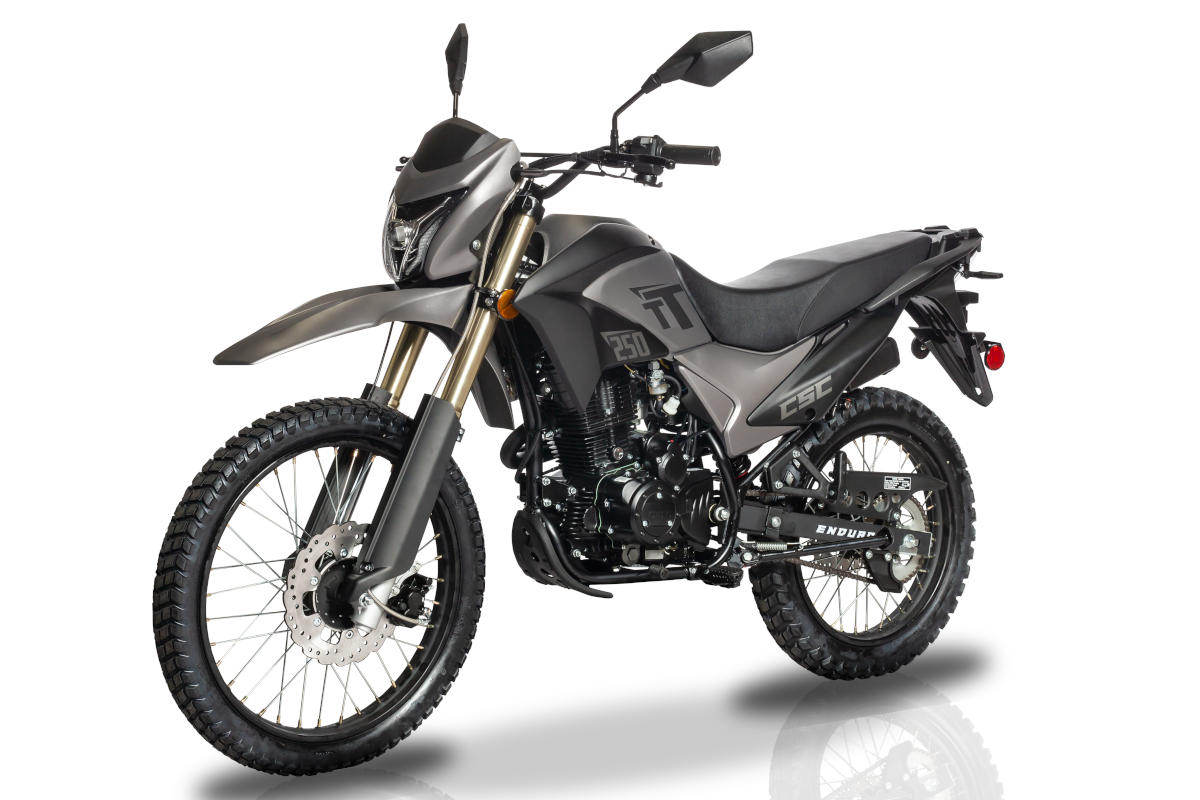 TT250 Enduro
TT250 Enduro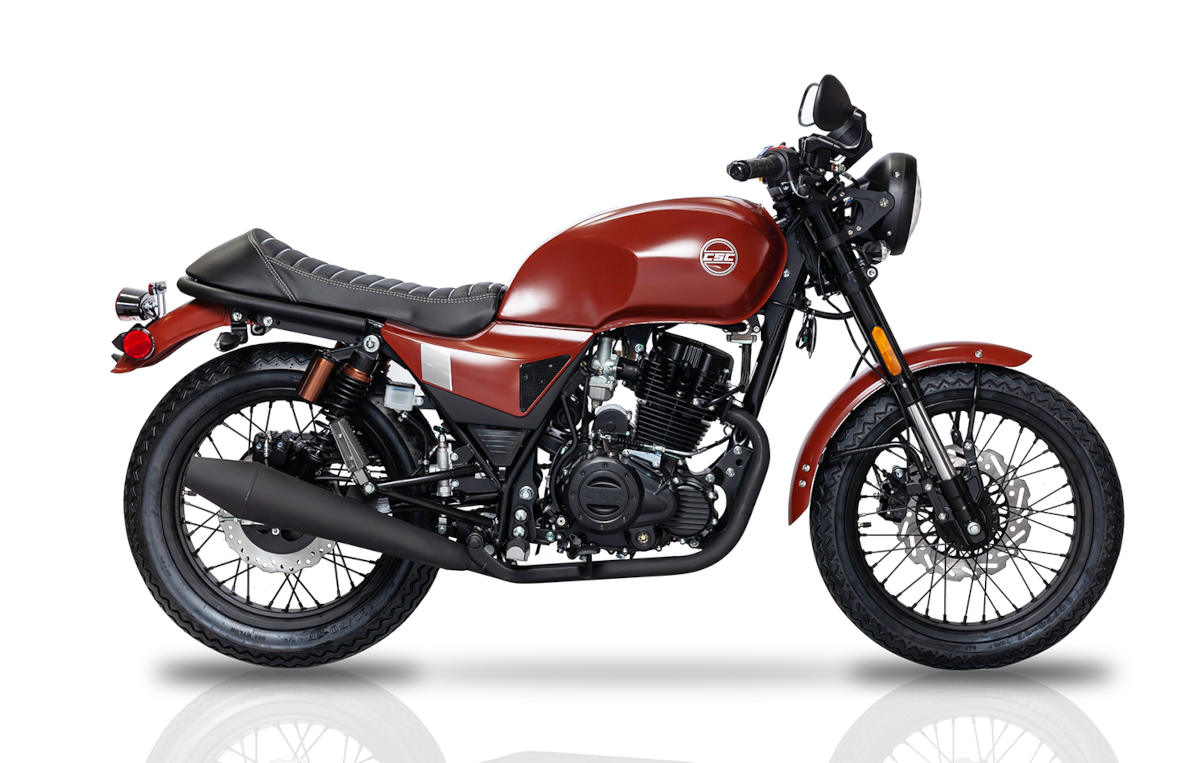 SG250 San Gabriel Cafe Racer
SG250 San Gabriel Cafe Racer